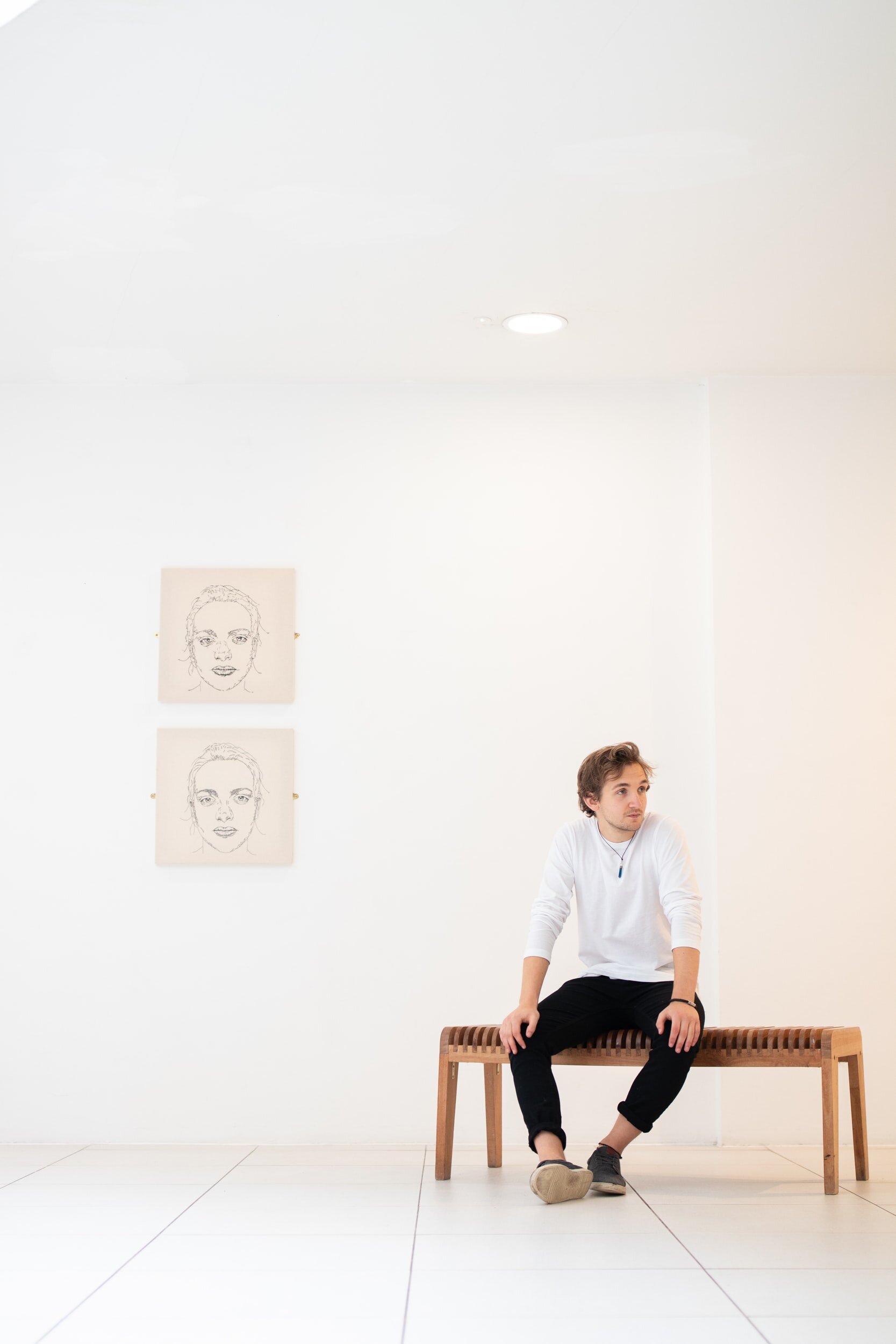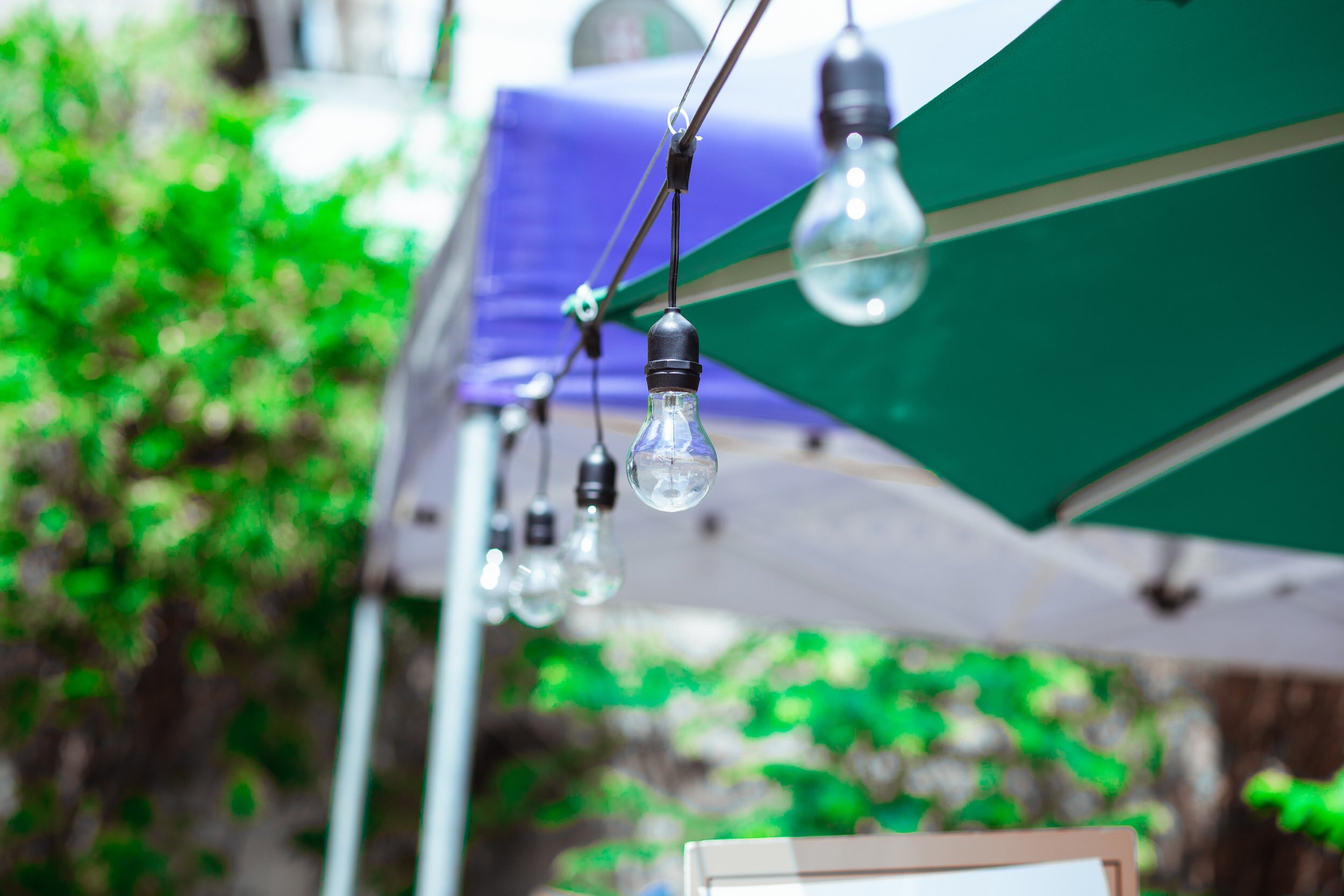Minimalism as the Ultimate Sophistication
Minimalism is a movement that is characterized by the act of minimizing material possessions and clutter with the intention of living a simple, healthy, and distraction-free life. It is the intention of focusing on things that last, like experiences, relationships, knowledge, and self-care, while minimizing the desire to possess objects like clothes, furniture, and items that we forget about and pile up in our homes. Made popular, mostly by the millennial generation [25-40 years], the minimalism movement is becoming widespread nowadays, and for good reason.
Commonly thought of as a modern movement that has begun fairly recently, minimalism is, in fact, far from a modern concept. Philosophy professor William Stephens, at Creighton University, says that this practice is almost 2,500 years old. It all started with Diogenes, a Greek philosopher, mostly known for his extreme, nonconformist ways of living. While people around him were proud of their luxurious lifestyles, and material objects they possessed, Diogenes did not care about what he had. In fact, he had no money. “His only possessions were one cloak, a walking stick, and a little leather pouch, which he used to carry food,” says Stephens. He tried to convince people that they do not need all their things in order to live a comfortable and happy life, and that happiness is achieved through self-sufficiency and self-mastery, not from conforming to society’s values of accumulating material possessions.
Diogenes’s message primarily targets a person’s psychology. Now, we do not need to be as extreme as he was, and walk around collecting food in a little leather pouch. But there’s a lot to learn from his core message. Minimalism enables us to re-evaluate and understand what’s important in life, and reduce the clutter and excess that can come along with too many possessions and too much consumption.
In tandem with the psychological benefits, minimalism is an effective way of creating an environmentally-sustainable lifestyle. Many people misconstrue minimalism as restrictive or unfulfilling, but misunderstanding this ideology only means we are missing out on some amazing benefits. There is no one way of becoming a minimalist, because every person needs different things. And there is no one threshold to cross, in order to be a full and complete minimalist, either. What you think is clutter, another person might consider necessary. The basis of a minimalist lifestyle is analyzing what you really need and then getting rid of what you don’t need. It’s as simple as that. When you get rid of unneeded baggage, you are actually doing the opposite of restriction; you are adding to your life the things you once did not have room for, physically and mentally.
Living a minimalist lifestyle is good for the soul, but also for the planet. Here are a few reasons why that is the case, and why this way of life has been in play for thousands of years:
You consume less
This is an obvious one, but it’s worth mentioning. Minimalists commit themselves to a lifestyle that embraces simplicity and elimination of cluttered environments. This includes clothes, all types of trinkets, books, household items, and furniture. Every type of item is taken into account, and only what is necessary is kept. The minimalist creates the habit of needing fewer things, and this is great because not only will they need less stuff, but they will save so much money and time. The contrasting increase in temporal and monetary resources lets them spend more on things and experiences that are important to them; especially those, which at one point, were put on indefinite holds.
you reduce waste
As less items are bought and consumed, minimalists have less waste to produce. They make an effort and go the extra mile to find good quality things to include in their homes, and they do that because they do not conform to the societal ideology of addictive consumerism, and do not agree with buying fast and cheap items that do not last. These types of items forces people to live in the vicious and rapid cycle of buy, use, and throw away. By not falling into those temptations, minimalists reduce so much waste, whether that’s from clothes, furniture, and even cleaning products that are very necessary for everyday use. That does not even include energy waste, which will be covered in the next points.
you become more aware of yourself and the environment
Clutter destroys one’s inner peace, and occupies so much of one’s mental space. As less distractions are available, you will have the ability to attain peace of mind and mental clarity as you go along your day. This primarily forces you to think about yourself, your life goals, and also motivates you to want to invest more time in yourself. Even the simple act of cleaning your room alone does that! In fact, an article by Psychology Today states that the act of cleaning satisfies the human mind, and is correlated with good physical and psychological health. Another point to consider is that you will become more aware of your impacts on the Earth. You will notice the drastic changes, savings, and amount of waste you produce, and naturally compare your levels to those you had before adopting a minimalist lifestyle, and you will even be motivated to endorse this lifestyle to others you know.
you save a lot of energy
Part of being a minimalist is making sure the space you have at home is just enough for you (as well as those who live with you). Having extra space that serves no purpose is not on the list. That extra space requires bigger supplies of light, heat, as well as the equipment required to produce them. Embracing a small space that is just enough and comfortable for those who live in it means that less resources are needed for its functionality; more specifically, less energy is wasted for no reason. This means that carbon emissions are reduced incrementally; creating a healthier, more sustainable environment.
you spend more time on the important stuff
This is a wrap up of all the above points. Having achieved them will create more time in your hands to tend to what matters to you. Some people find that they don’t have time to spend with their loved ones, or even on a hobby. The main reason for that is because humans are easily distracted by even the simplest of things, and that is how they waste so much of their time without noticing. Taking the time to eliminate the distractions in your life is a crucial step in creating more time in your day, and creating this type of distraction-free environment in your own home is one of the best things you can do for that.
this all sounds great, but what about items with sentimental value?
This is a big problem for many people. Sentimental items have a certain value to them that is seen as almost sacred and irreplaceable. You lose a loved one and hold on to something they’ve used, just to have a piece of them with you. This is a very beautiful thing to do, and is humanly natural. Having a minimalist lifestyle does not mean you need to get rid of your sentimental items. However, some of us have way too many things that we find so hard to get rid of, and end up hoarding them around the house or stack them up in the guest bedroom.
Sentimental items have a subtle danger to them, and that is when they end up weighing you down rather than providing comfort by existing in your space. Taking the time to take inventory of items with sentimental value , and actually decide on a few things to keep will not only free a lot of space in your home, but is also much better for your mental health, as well as the planet.
References
Becker, J. (2019, November 13). What is minimalism?. Becomingminimalist. https://www.becomingminimalist.com/what-is-minimalism/
Britannica, T. Editors of Encyclopedia (2021, February 21). Diogenes. Encyclopedia Britannica. https://www.britannica.com/biography/Diogenes-Greek-philosopher
Creighton University. (n. d.). The ancient minimalist. Creighton University. https://www.creighton.edu/creightonmagazine/2017fallfeatureminimalistmanager/ancientminimalist/
Just Delegate (2020, October 14). Reasons why being an eco-friendly minimalist benefits the earth. Just Delegate. https://blog.justdelegate.co/reasons-why-being-an-eco-friendly-minimalist-benefits-the-earth/
Harveston, K. (2018, February 15). Can the rising trend of minimalism help the environment?. The Environmental Magazine. https://emagazine.com/can-the-rising-trend-of-minimalism-help-the-environment/
McCarthy, J. (2016, June 30). 5 ways to live minimally and help save the environment. Global Citizen. https://www.globalcitizen.org/en/content/minimalism-how-to-living-simply-meat-recycling/
Rebecca. (2019). 6 reasons why minimalism is good for the environment. Minimalism Made Simple. https://www.minimalismmadesimple.com/home/is-minimalism-good-for-the-environment/
Ryback, R. (2016, July 11). The powerful psychology behind cleanliness. Psychology Today. https://www.psychologytoday.com/ca/blog/the-truisms-wellness/201607/the-powerful-psychology-behind-cleanliness
Slater, J. (2019, October 10). How a minimalist lifestyle helps us save the planet too. Project Nord. https://journal.projectnord.com/blog/how-a-minimalist-lifestyle-helps-us-save-the-planet-too#:~:text=It's%20easy%20to%20see%20how,how%20people%20used%20to%20live.&text=Minimalism%20encourages%20you%20to%20think,life%20to%20make%20you%20happy
The Do Something Project. (2018, November 2). 17 ways minimalism saves money and saves the planet. The Do Something Project. https://www.thedosomethingproject.com/home/17-ways-minimalism-saves-money-and-saves-the-planet






